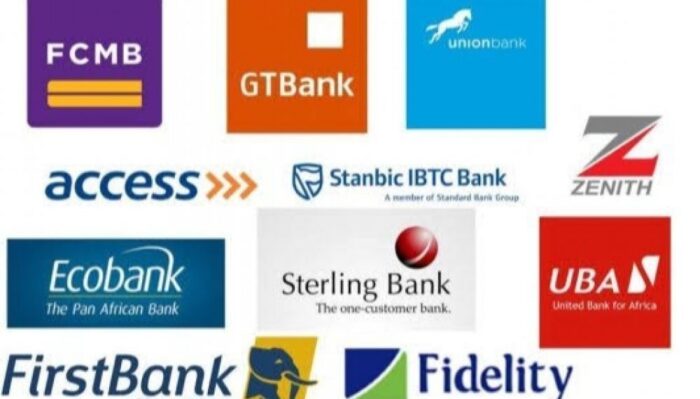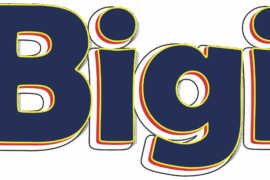Nigeria’s booming fintech scene is about to get a whole lot hotter, as established banks charge headfirst into the digital lending market, setting the stage for a thrilling battle for borrowers’ hearts (and wallets). For years, agile fintech startups have dominated the space, offering quick, convenient loans through sleek mobile apps, often to customers overlooked by traditional banks. But the tide is turning.
Nigerian banking giants, armed with their vast customer bases, established reputations, and lower funding costs, are launching their own digital lending platforms. Think GTBank’s Habari Pay, and Access Holding Plc, the parent company of Access Bank, recently received approval in principle from the CBN to launch Oxygen X, a standalone lending product – these are just a few of the big guns aiming to chip away at the fintech market share.
So, why the sudden interest from the banks? It’s all about numbers. Nigeria’s digital lending market is projected to reach a staggering $138 billion by 2025, and traditional banks don’t want to miss out on the party. They see the potential to:
Expand their customer base: Digital lending platforms allow banks to reach new demographics, particularly the tech-savvy youth who might not be traditional bank customers.
Boost profitability: Lower operating costs associated with digital lending compared to brick-and-mortar branches can translate to higher margins.
Enhance customer experience: Offering convenient, 24/7 loan access through mobile apps can significantly improve customer satisfaction and loyalty.
However, fintechs aren’t going down without a fight. They have several advantages in their arsenal:
Agility and innovation: Fintechs are known for their ability to adapt quickly and develop cutting-edge lending solutions.
Superior user experience: Many fintech apps boast intuitive interfaces and seamless loan application processes, often surpassing the clunky digital offerings of traditional banks.
Focus on niche markets: Some fintechs cater to specific underserved segments, like micro-entrepreneurs or rural populations, where traditional banks struggle to reach.
The coming months promise a fascinating face-off in the Nigerian digital lending space. Expect fierce competition, product innovation, and, ultimately, a more diverse and accessible lending landscape for Nigerian borrowers. Who will emerge victorious? Only time will tell, but one thing’s for sure: Nigerian consumers stand to benefit from the increased competition and the resulting drive for better loan products and services.



